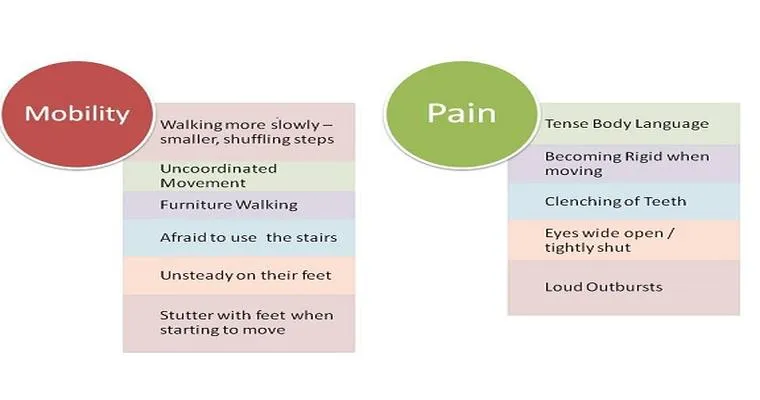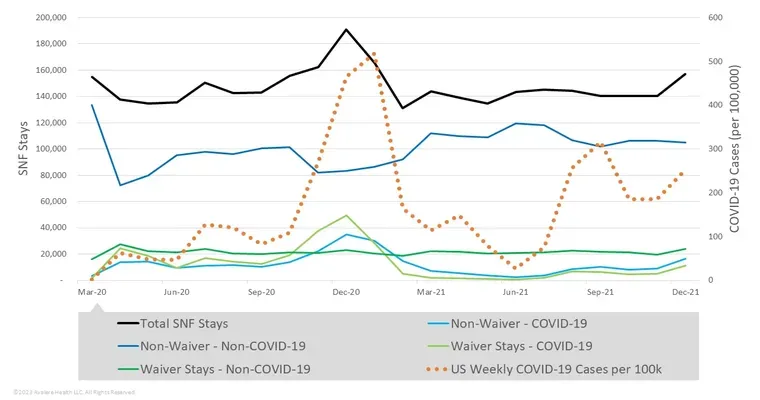When it comes to choosing the right "placement for individuals with dementia", many families seek environments that prioritize safety and well-being while avoiding the clinical atmosphere of a hospital. Fortunately, there are several alternatives that provide both "security and comfort" for those affected by this condition. This article explores the types of placements available that are designed specifically for individuals with dementia, emphasizing the importance of a home-like environment that promotes dignity and quality of life.
One of the most suitable options for dementia care is "memory care facilities". These specialized residential settings are designed to cater specifically to the needs of individuals with memory impairments. Unlike traditional hospitals, memory care facilities offer a warm and inviting atmosphere, often resembling a home rather than a medical institution. They feature comfortable living spaces, communal areas for social interaction, and secure outdoor spaces that allow residents to enjoy nature while remaining safe.
Another excellent alternative is "assisted living communities" that have a dedicated memory care wing. These communities provide a balance between independence and the necessary support for daily activities. Residents can maintain their routines in a familiar setting, benefiting from staff trained in dementia care who understand the unique challenges associated with the condition. The emphasis is on creating a supportive environment that encourages social engagement and cognitive stimulation, which are vital for those with dementia.
For families seeking a more personalized approach, "in-home care services" can also be a viable option. By hiring trained caregivers to assist with daily activities, individuals with dementia can remain in the comfort of their own homes. This option allows for a more tailored experience, where caregivers can focus on the specific needs and preferences of the individual. In-home care provides a familiar environment that can help reduce anxiety and confusion, making it a compassionate choice for many families.
Another innovative solution is "adult day care programs", which provide temporary care for individuals with dementia during the day while offering socialization and recreational activities. These programs are designed to promote cognitive engagement and provide respite for family caregivers. They often feature a variety of activities, including arts and crafts, music therapy, and exercise, all tailored to meet the needs of participants. This option allows individuals to enjoy a structured day without feeling confined to a hospital-like setting.
When considering placements for individuals with dementia, it is essential to look for environments that prioritize "person-centered care". This approach focuses on understanding the individual’s preferences, history, and needs, ensuring that they receive care that promotes their dignity and enhances their quality of life. Facilities that implement person-centered care often foster a sense of community, encouraging residents to form connections with one another and engage in meaningful activities.
In conclusion, there are several placements available for individuals with dementia that provide the necessary protections without the cold, clinical feel of a hospital. Memory care facilities, assisted living communities with memory care wings, in-home care services, and adult day care programs all offer safe and supportive environments that cater to the unique needs of those living with dementia. By prioritizing comfort, dignity, and person-centered care, families can find the ideal placement that will enhance the quality of life for their loved ones.





